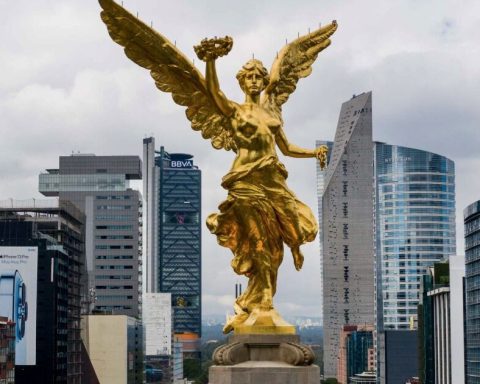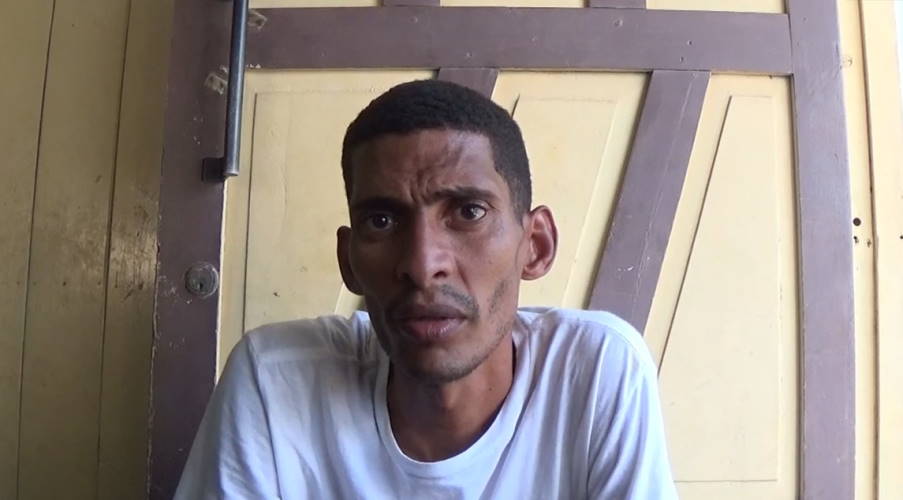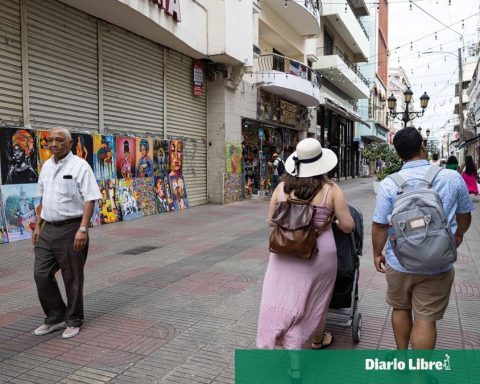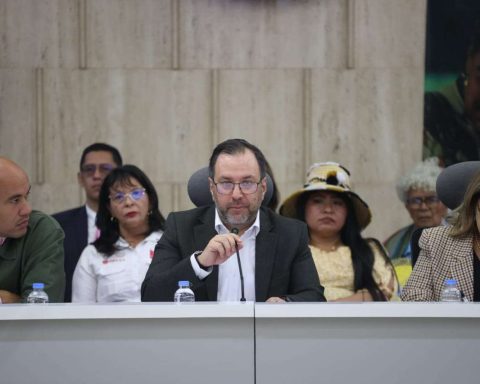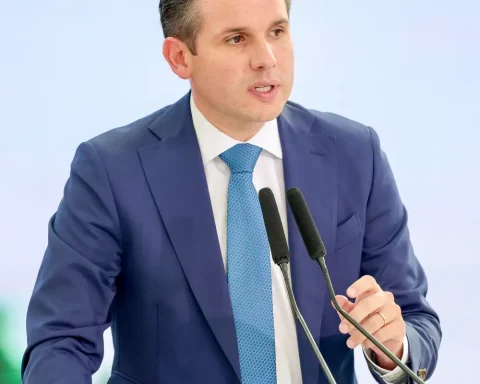Fabiola Martinez
Newspaper La Jornada
Saturday, October 15, 2022, p. 6
The vast majority of Mexicans do not trust political parties and do not feel represented by these organizations or by legislators. They also consider that it is not easy to access justice.
If exercise is one of them (the components of citizenship), a society in which eight out of 10 consider access to justice to be negative and eight out of 10 do not trust political parties, implies that democracy as a regime of freedoms and rights has an enormous challenge ahead.
This was warned by the president counselor of the National Electoral Institute (INE), Lorenzo Córdova, when presenting the 2020 Country Report, The course of democracy in Mexicoprepared by the INE and the United Nations Development Program.
This analysis shows that the senators and deputies are in the last places of citizen confidence, only above the parties. Half of the respondents said that these organizations they are useless
.
Another of the results reveals that although two out of three Mexicans aged 15 and over prefer democracy to any other form of government, 40.1 percent would agree with a government headed by the military, the INE highlighted.
Among the problems that half of the citizens perceive as the most pressing are corruption, poverty, insecurity and crime, unemployment and poor government performance.
Regarding citizen trust in public and social institutions, the level reached by public universities stands out (70 percent said they have a lot and some trust in them); followed by the armed forces (64 percent), the National Guard (61 percent), the INE (60 percent), and the President of the Republic (53 percent). At the bottom of the list are legislators and parties, with 23 and 22 percent, respectively.
The study was carried out based on the National Survey of Civic Culture, of the National Institute of Statistics and Geography (Inegi). The interviews were conducted between August and September 2020, based on a sample of more than 25,000 cases of residents in both rural and urban areas.
Córdova pointed out that democracy, as a system of freedoms and rights, has an enormous challenge ahead, that if it is not attended to, it can be an important breeding ground for discontent in which authoritarian expressions can germinate
.
He also indicated that the sustainability of Mexican democracy does not depend on electoral reforms
except those who seek to dismantle an electoral model that works and gives results
.
He stressed that Despite who gets upset
The INE is the civil institution with the most citizen confidence.
Córdova commented on some indicators that are more adverse in Mexico compared to the continental level, especially those related to access to education and health, as well as justice and the feeling of not feeling represented by political parties.
Co-authors of the report highlighted that there rock-bottom levels
confidence in the parties and legislators, coupled with the feeling of not feeling represented.
The report details that citizens also identify upheavals of democracy
that is, corruption, clientelism, discrimination, coercion of the vote, intolerance and exclusion, in addition to a disenchantment of the rulers for whom they voted.






